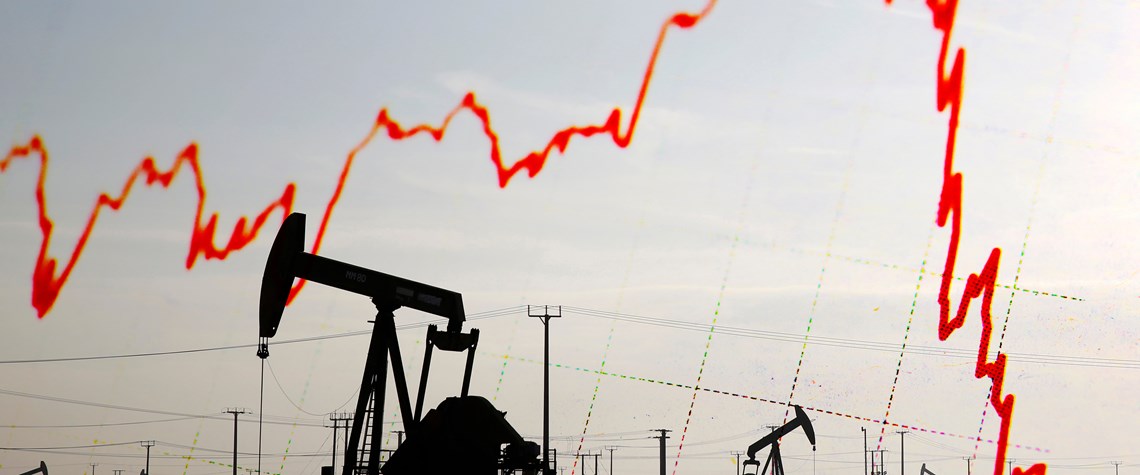Majors’ divestment dilemma
Depressed oil prices are forcing large-cap producers to roll back spending. But will they continue to try to shed non-core assets?
The equity markets had long been in a mood to reward large-cap international oil companies (IOCs) that pledged a very similar diet of capital disciple. Targeted spending in only the projects offering the best returns, lowered costs and cash returned to shareholders were firmly in favour. And high-grading the portfolio by divesting non-core or high-cost assets was a de rigeur part of the story. But no one expected or planned for an oil price of below $30/bl. Millions of extra barrels of oil have flooded the market in the past few weeks following the collapsed Opec+ talks. And the crisis is being aggravated by the Covid-19 pandemic, which has removed global energy demand on an unprecedented s

Also in this section
18 February 2026
With Texas LNG approaching financial close, Alaska LNG advancing towards a phased buildout and Magnolia LNG positioned for future optionality, Glenfarne CEO Brendan Duval says the coming year will demonstrate how the company’s more focused, owner-operator approach is reshaping LNG infrastructure development in the North America
18 February 2026
The global gas industry is no longer on the backfoot, hesitantly justifying the value of its product, but has greater confidence in gas remaining a core part of the global energy mix for decades
18 February 2026
With marketable supply unlikely to grow significantly and limited scope for pipeline imports, Brazil is expected to continue relying on LNG to cover supply shortfalls, Ieda Gomes, senior adviser of Brazilian thinktank FGV Energia,
tells Petroleum Economist
17 February 2026
The 25th WPC Energy Congress, taking place in Riyadh, Saudi Arabia from 26–30 April 2026, will bring together leaders from the political, industrial, financial and technology sectors under the unifying theme “Pathways to an Energy Future for All”







